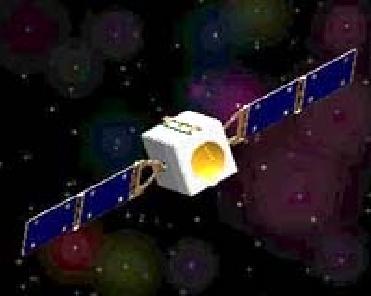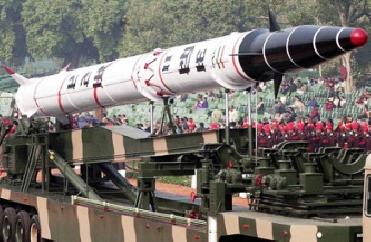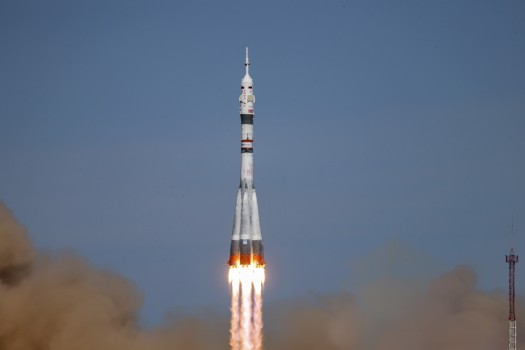
A file photo of India's nano satellite 'Jugnu
NEW DELHI (BNS): The Indian Institute of Technology, Kanpur (IITK) is all set to launch the country�s lightest nano satellite by December this year.
The institute has received the go-ahead from Indian Space Research Organisation (ISRO) to release the satellite Jugnu by a mother satellite in polar orbit, a report in the �Business Standard� said Tuesday.
�Though the memorandum of understanding between ISRO and IIT-K for the project was signed in February,� IIT-K director Sanjay Govind Dhande told the daily, adding that regular review sessions are being carried out by ISRO to check the progress of the project.
ISRO gave its nod to the proposal after a second design review was presented by the IIT-K authorities. The satellite will be launched in the polar orbit from Sriharikota, Andhra Pradesh.
The first review session of Jugnu was carried out by the space agency in April. �On Tuesday, our technical team working on the project apprised ISRO authorities of the release and antenna mechanism,� Dhande said.
A team of 12 professors and 40 IIT-K students led by professor and mechanical engineering department head, Nalinaksh S Vyas, has been working on the project since last December.
About the cost of the project, Vyas said, �A similar project in any European country would have cost over Rs 10 crore but we expect the entire project to complete within a budget of Rs 2-3 crore, without compromising on quality. This is a welcome signal for indigenous remote sensing technologies.�
Meanwhile, a technical team of ISRO, led by D Madhav Murthy, director (small satellite), said they had informed the agency�s authorities about the details related to the release of Jugnu by mother satellite in polar orbit, and also provided details regarding the satellite antenna set up in the institute�s premises.
The 3.5 kg, 34 cm long and 10 cm wide Jugnu would be equipped with micro imaging and micro electronic system, and transit images to base station at the IITK campus.
�Although the stipulated life time of the satellite is six months, we are optimistic that it will complete at least 12 months in the orbit,� Dhande said.
The high-resolution pictures and data sent by the satellite will help in drought monitoring, wasteland management, urban planning and flood-risk management.
 Previous Article
Previous Article Next Article
Next Article













The Indian Air Force, in its flight trials evaluation report submitted before the Defence Ministry l..
view articleAn insight into the Medium Multi-Role Combat Aircraft competition...
view articleSky enthusiasts can now spot the International Space Station (ISS) commanded by Indian-American astr..
view article